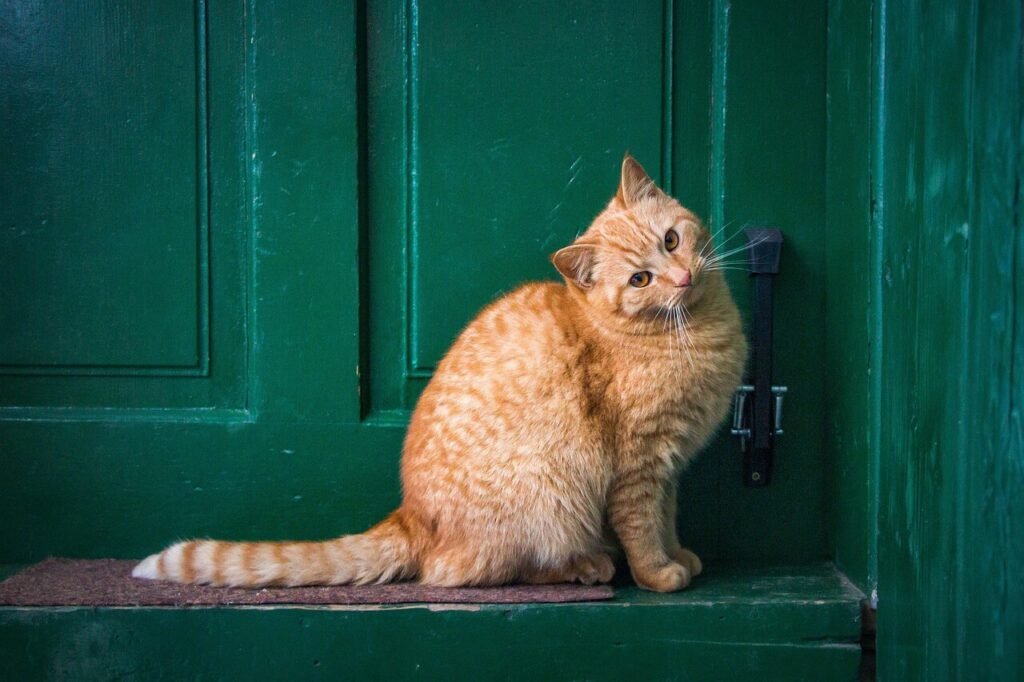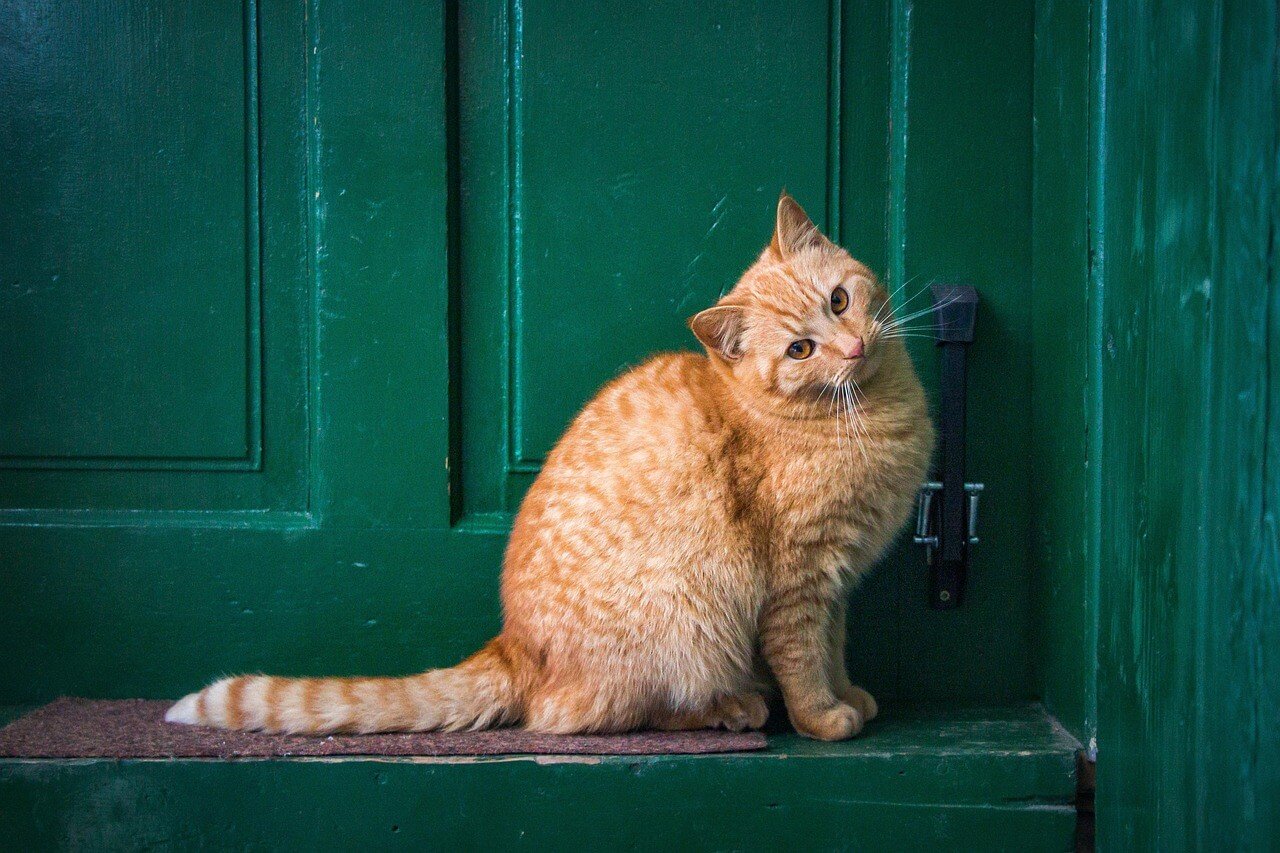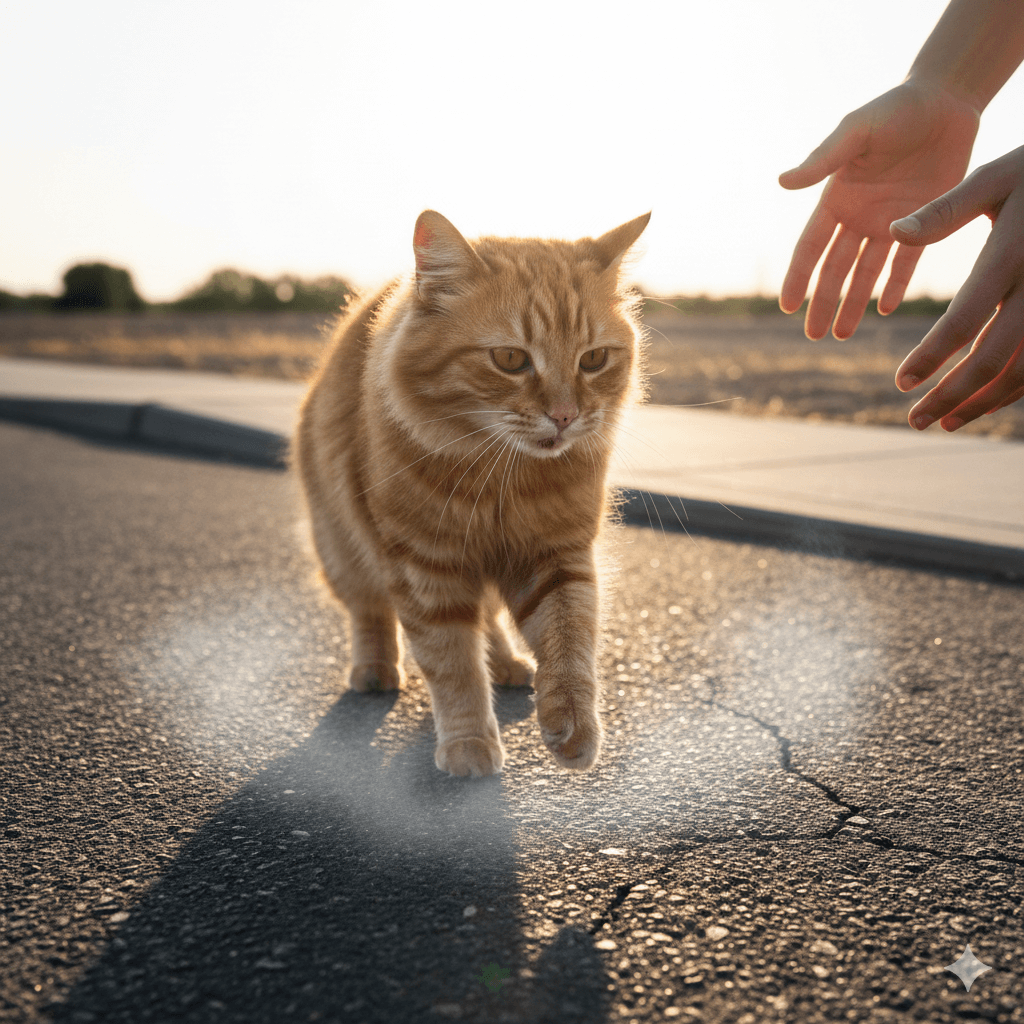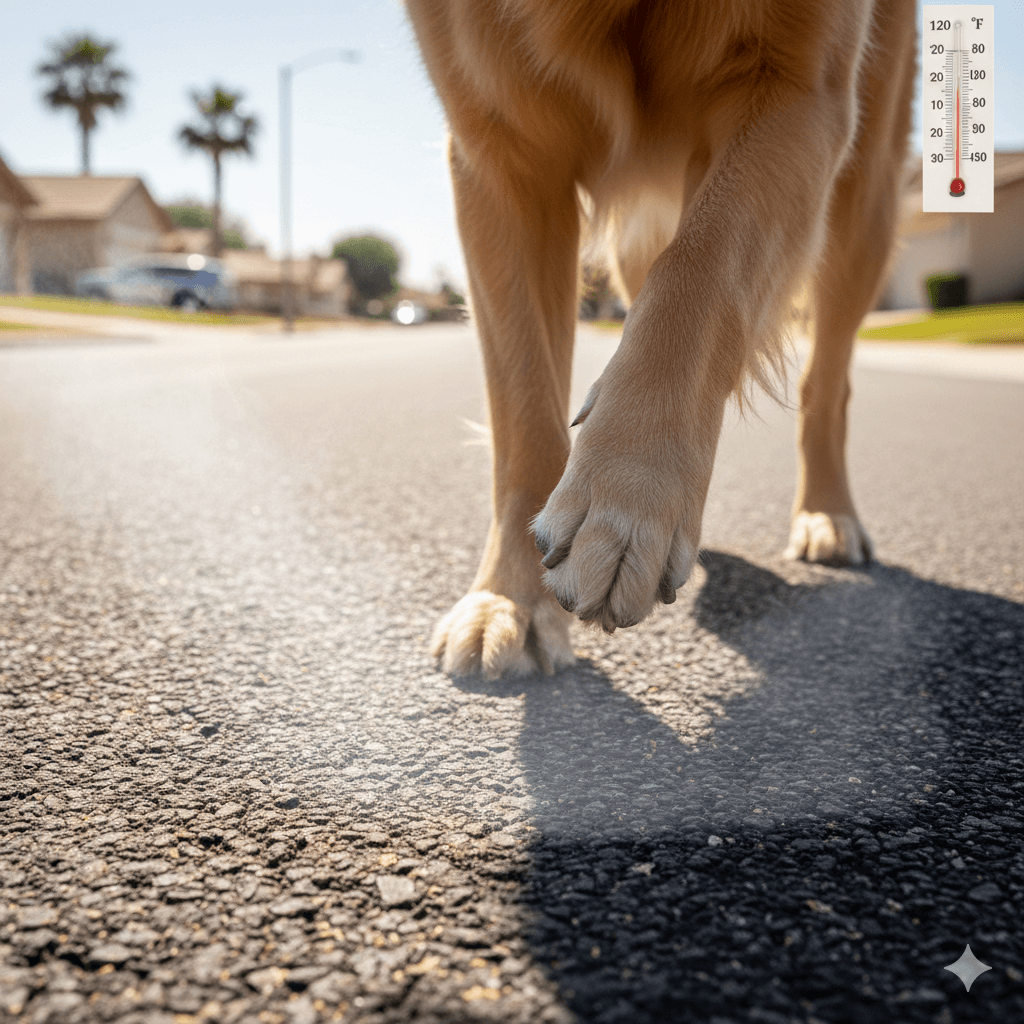Can I Give My Cat My Cold? Understanding the Risks
As a cat owner, it’s natural to worry about your furry companion when you’re feeling under the weather. You might wonder, “Can I give my cat my cold?” The good news is that most common human colds are not transmittable to cats. However, there are still important considerations to keep in mind when you’re sick and sharing space with your feline friend. While cats can’t catch the same viruses that cause colds in humans, they can experience stress or secondary health issues if exposed to certain pathogens or environmental changes. In this guide, we’ll explore what you need to know about keeping your cat safe and healthy when you’re battling a cold.
Key Facts About Human Colds and Cats
Understanding the science behind human colds and their potential impact on cats can ease your concerns. Here are some key points to consider:
Different Viruses : Human colds are caused by viruses like rhinovirus or coronavirus, which are species-specific and cannot infect cats.
Immune System Differences : Cats have a unique immune system that doesn’t respond to the same pathogens as humans.
No Direct Transmission : Sneezing, coughing, or touching your cat won’t transfer your cold to them.
Stress Can Affect Cats : While they can’t catch your cold, your illness may cause behavioral or environmental changes that stress your cat.
Secondary Risks Exist : If your immune system is compromised, you might unintentionally expose your cat to other harmful bacteria or germs.
While your cat is unlikely to catch your cold, it’s still important to take precautions to ensure their well-being during your illness.
Signs Your Cat May Be Unwell Despite Your Cold
Even though your cat can’t catch your cold, they might show signs of illness due to stress or unrelated health issues. Here’s what to watch for:
Sneezing or Nasal Discharge : Could indicate an upper respiratory infection, which is common in cats but unrelated to human colds.
Lethargy or Hiding : Cats may become withdrawn if they’re stressed by changes in your routine or behavior.
Loss of Appetite : Stress or illness can cause your cat to stop eating, which requires immediate attention.
Coughing or Wheezing : These symptoms could signal asthma or another respiratory issue, not a cold.
Excessive Grooming : Over-grooming might be a sign of anxiety caused by your illness affecting their environment.
If you notice any of these symptoms, consult your veterinarian to rule out underlying health problems.
Check this guide 👉Understanding Cat Cold Treatment: Best 7 Health Tips!
Check this guide 👉Why Are My Cats Ears Cold? Best 7 Expert Tips!
Check this guide 👉How Did My Indoor Cat Get a Cold? Best 7 Health Tips!

Human Cold Symptoms | Cat-Specific Illness Symptoms |
|---|---|
Runny nose | Sneezing and nasal discharge |
Coughing | Wheezing or labored breathing |
Fatigue | Lethargy or hiding |
Sore throat | Difficulty swallowing or meowing |
Fever | Elevated body temperature |
How to Protect Your Cat When You’re Sick
Taking steps to safeguard your cat’s health while you’re unwell is essential. Here are some practical tips to minimize risks:
Practice Good Hygiene : Wash your hands frequently, especially before handling your cat or their food and water bowls.
Limit Close Contact : Avoid kissing your cat or letting them lick your face to reduce germ transmission.
Keep Their Environment Clean : Regularly disinfect surfaces and wash bedding to maintain a hygienic space.
Monitor Their Behavior : Pay attention to changes in your cat’s mood, appetite, or activity levels.
Ask for Help if Needed : If you’re too ill to care for your cat, enlist a family member or friend to assist temporarily.
By following these precautions, you can ensure your cat remains healthy and happy even when you’re not feeling your best.
When to Take Your Cat to the Vet
While your cat can’t catch your cold, certain symptoms warrant a trip to the veterinarian. Here’s when you should seek professional advice:
Persistent Sneezing : If your cat sneezes frequently or has nasal discharge for more than a day or two.
Difficulty Breathing : Labored breathing or wheezing could indicate a serious respiratory issue.
Loss of Appetite : Refusing food for more than 24 hours is a red flag and requires immediate attention.
Lethargy or Weakness : If your cat seems unusually tired or unresponsive, it could signal an underlying problem.
Fever or Shivering : An elevated body temperature or shivering may indicate an infection or illness.
Prompt veterinary care ensures your cat receives the treatment they need to recover quickly and safely.
Understanding What Else Could Be Affecting Your Cat
While your cat can’t catch your cold, they may still exhibit symptoms that resemble a human cold. These signs could indicate other feline-specific illnesses that require attention. Here’s what to look out for:
Feline Upper Respiratory Infections (URIs) : Often caused by viruses like feline herpesvirus or calicivirus, URIs lead to sneezing, nasal discharge, and congestion.
Allergies : Environmental allergens like dust, pollen, or cleaning products can cause sneezing and watery eyes in cats.
Dental Disease : Oral infections or gum inflammation can sometimes cause symptoms similar to a cold, such as drooling or bad breath.
Feline Asthma : This condition causes coughing, wheezing, and labored breathing, which might be mistaken for a respiratory infection.
Foreign Objects : Nasal irritation from inhaled debris or foreign objects can lead to sneezing or nasal discharge.
Recognizing these conditions helps you determine whether your cat needs veterinary care, even if their symptoms seem mild at first.
The Hidden Effects of Your Illness on Your Cat
When you’re sick, your routine changes, and your cat may pick up on these shifts. Stress can have a significant impact on your cat’s health, even if they can’t catch your cold. Here’s how stress might manifest:
Behavioral Changes : Cats may hide more often, become clingy, or display unusual aggression when stressed.
Over-Grooming : Excessive licking or grooming can lead to hair loss or skin irritation, signaling anxiety.
Loss of Appetite : Stress can suppress your cat’s appetite, leading to weight loss or dehydration.
Litter Box Issues : Cats under stress may avoid the litter box or experience diarrhea or constipation.
Increased Vocalization : Some cats meow excessively when they feel anxious or unsettled.
Minimizing disruptions to your cat’s routine and providing comfort can help reduce stress during your illness.
Strengthening Your Cat’s Defenses Against Illness
Even though your cat can’t catch your cold, supporting their immune system is always a good idea. A strong immune system helps them stay healthy and resilient. Here are some tips to boost your cat’s immunity:
Provide a Balanced Diet : Feed high-quality cat food rich in essential nutrients, vitamins, and minerals.
Ensure Fresh Water Access : Hydration is key to maintaining overall health and flushing out toxins.
Schedule Regular Vet Check-Ups : Routine exams help detect potential issues early and keep vaccinations up to date.
Limit Exposure to Toxins : Keep harmful substances like cleaning products, plants, and medications out of reach.
Offer Mental and Physical Stimulation : Interactive toys and playtime reduce stress and promote a healthy lifestyle.
By taking these steps, you can help your cat stay strong and better equipped to handle any health challenges that come their way.
Frequently Asked Questions About Cats and Human Colds
Can cats get sick from being around someone with a cold?
Cats cannot catch human colds, but stress or exposure to other germs may cause unrelated health issues.
Should I wear a mask around my cat when I’m sick?
Wearing a mask isn’t necessary, but practicing good hygiene and limiting close contact is advisable.
Can I still cuddle my cat if I have a cold?
Yes, but avoid kissing or letting them lick your face to reduce germ transmission.
What should I do if my cat shows signs of illness?
Monitor their symptoms closely and consult your veterinarian if they persist or worsen.
Are there any over-the-counter medications safe for cats?
Never give your cat human medications without consulting a vet, as many are toxic to cats.
Prioritize Your Cat’s Health During Your Recovery
While the question “Can I give my cat my cold?” has a reassuring answer—no—you still play a vital role in keeping your feline friend healthy. By maintaining good hygiene, monitoring their behavior, and seeking veterinary care when needed, you can ensure your cat stays safe and comfortable while you recover. Remember, your bond with your cat is built on trust and care, so taking these extra steps demonstrates your commitment to their well-being. With proper precautions, both you and your cat can return to your happy, healthy routines in no time.
Newfoundland Dog Personality: Best 7 Expert Tips! – Discover the gentle, loyal, and protective nature of this giant breed perfect for families.
Can Hot Pavement Burn Your Cats Paws? Best 7 Expert Tips! – Learn how to protect your cat’s paws from hot surfaces and prevent painful burns this summer.
Can Hot Pavement Burn Your Dogs Paws? Best 7 Expert Tips! – Learn how to protect your dog’s paws from hot surfaces and ensure safe summer walks.
Irish Wolfhound Size: Best 7 Expert Tips! – Discover the ideal height, weight, and care tips for this majestic giant breed. Learn how to manage their impressive stature responsibly.





